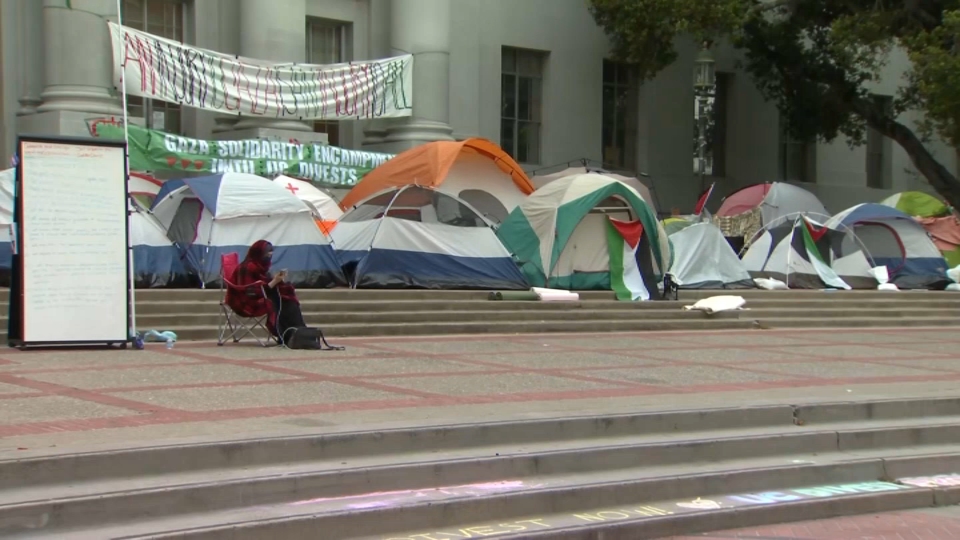U.S. Department of Justice representatives will visit California this month as part of an ongoing investigation into whether the state's courts are violating federal laws for failing to provide interpreters in many civil and family law cases.
The investigation stems from a December 2010 complaint filed by the Legal Aid Foundation of Los Angeles on behalf of two litigants who were not provided with Korean interpreters for their court hearings. The complaint alleges that in failing to provide the interpreters, the courts violated Title VI of the federal Civil Rights Act of 1964, which prohibits national origin discrimination.
These cases “are just two examples of many LAFLA (Legal Aid Foundation of Los Angeles) clients who have been denied access to the courts based on their limited-English proficiency,” according to the complaint.
One of the Southern California litigants described in the complaint is a then-72-year-old woman on a fixed income who filed for a restraining order against an apartment maintenance worker she said groped her and exposed himself to her.
In October 2010, she went to the Los Angeles County Superior Court and filed a written request asking it to waive the fees for an interpreter but was denied because there "is no right to an interpreter provided at public expense in a civil case,” according to the complaint.
She and the other Southern California litigant described in the complaint – a single mother seeking child support through the Los Angeles court – eventually sought help from the Legal Aid Foundation. The foundation paid for their interpreters at a cost of $300 in each case, and “based on that, they were able to complete their cases favorably,” said Joann Lee, the attorney who filed the complaint.
“But not everybody gets help from us," Lee said. "There are a lot of people struggling through the court process because they are not getting interpreters."
Local
California courts routinely provide interpreters in criminal, juvenile dependency and family law cases in which domestic violence-related restraining orders are requested. But failing to make interpreters available in all cases could be in conflict with federal guidance.
According to a 2010 Department of Justice letter [PDF] to all state chief justices and court administrators, courts that receivefederal funding – including the Los Angeles court – must provide free interpreters in all court proceedings to avoid violating civil rights laws.
Mary Hearn, spokeswoman for the Los Angeles County Superior Court, said in an email that the court “has followed California law with regard to providing language services and does so with highly trained, certified professional interpreters.”
The Los Angeles court spends more than $30 million each year to provide interpreters in 25 languages, Hearn said.
The California Administrative Office of the Courts declined to discuss the Department of Justice inquiry, but spokesman Cathal Conneely said language access is a priority for the state courts.
“Equal access to justice and to the courts for all, regardless of an individual’s ability to communicate in English, is a fundamental goal of the California judicial system,” he wrote in an email.
He said the California constitution and subsequent case law have been interpreted to mandate interpreters for proceedings related to criminal, misdemeanor and delinquency matters, as well as some family law cases involving a restraining order.
But some legal scholars said California is out of compliance with federal statutes – and national trends.
The Department of Justice has “made it very clear” that the Civil Rights Act requires state courts that receive federal funds to provide interpreters in all types of cases, said Laura Abel, deputy director of the National Center for Access to Justice at Cardozo Law School in New York. “State courts around the country have been moving toward expanding court interpreter services to cover all civil cases, and California just hasn’t moved that way,” she said.
The Department of Justice did not respond to questions about the California court investigation.
There are at least 27 states with written mandates requiring courts to provide interpreters in all civil cases, Abel said.
This year, the American Bar Association issued new standards calling for expanded access to court interpreters as a “fundamental principle of law, fairness and access to justice, and to promote the integrity and accuracy of judicial proceedings.”
Judge Erica Yew of the Santa Clara County Superior Court was on the bar association subcommittee that drafted the new standards.
“It’s really a travesty when people leave the courtroom not understanding what was said and what happened in their case,” Yew said. “Interpreters always make things better because there’s clearer communication.”
Yew said that in Santa Clara County, she is able to request interpreters in civil cases on an as-needed basis. Family members, friends and lawyers also have served as interpreters for some monolingual litigants in her courtroom, though she does not think that is ideal.
“California is unique because there are so many languages spoken here compared to other parts of the country,” she said. “Everyone I have spoken to (about this) universally has seen that we should have interpreters. They recognize that language access is key to having justice in California courts.”
"The obstacle is, unfortunately, funding," Yew added. "The will is there, but like many other areas, there needs to be adequate funding to provide the services."
In California, a 2006 bill that required the courts to provide and pay for interpreters in all civil cases passed the Legislature but was vetoed by then-Gov. Arnold Schwarzenegger due to its potential fiscal impact.
In the 2008-09 fiscal year, California spent $93.7 million on court interpretation services. The California courts budget has been cut by nearly $1.2 billion since 2009.
State courts frequently cite funding as a barrier to expanding interpreter access, but in its 2010 letter to state court administrators, the Department of Justice stated that fiscal pressures “do not provide an exemption from civil rights requirements.”
California is not the only state to receive Department of Justice scrutiny. The agency also has recently investigated interpreter access in Colorado, North Carolina and Rhode Island.
Rhode Island is taking steps toward expanding language access in its courts, and Colorado now offers interpreters to all litigants, regardless of the reason they come to court. The Department of Justice sent North Carolina courts a warning letter earlier this year stating that it was at risk of losing federal funding; negotiations are ongoing.
According to a CSU Sacramento study [PDF] commissioned by the Administrative Office of the Courts, more than 200 languages are spoken in California, and an estimated 6.7 million residents speak or understand English “less than very well.”
View this story on California Watch
This story was produced by California Watch, a part of the nonprofit Center for Investigative Reporting. Learn more at www.californiawatch.org.



